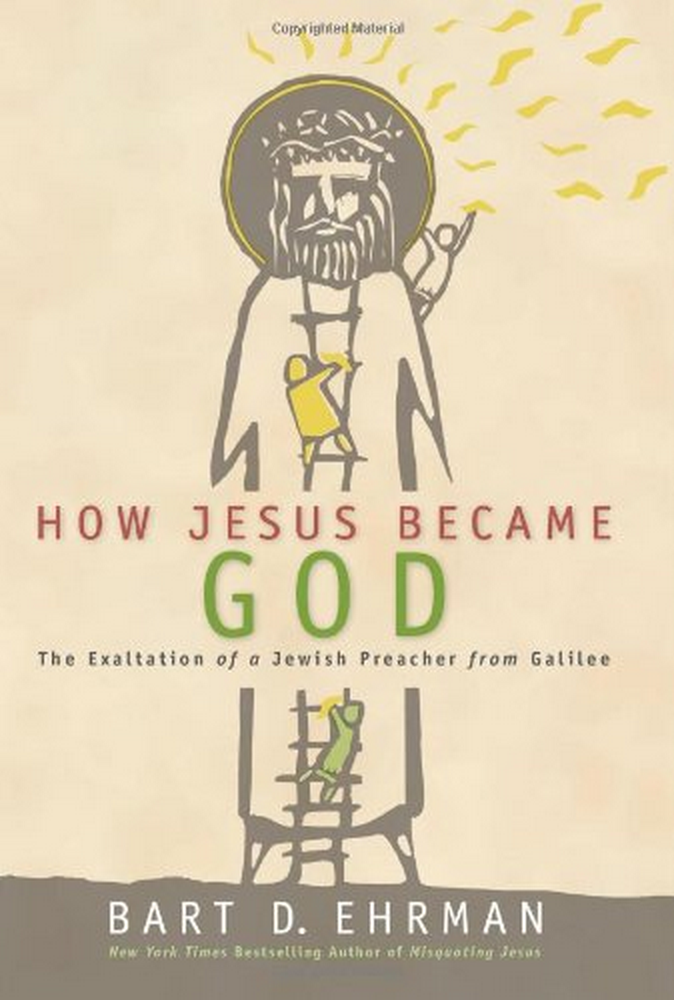Bart Ehrman‘s books played a big role in my journey out of Christianity. I even remember what I was eating as I started reading a copy of Misquoting Jesus I’d just borrowed from my university library. I also remember many debates I had with my wife (who was still a Christian then) as I was leaving the faith. One “resource” we found was a website called The Ehrman Project. This had a collection of videos by conservative evangelical Christian scholars, purporting to be a decisive refutation of Ehrman’s work. Needless to say, the appalling arguments presented by these Christian scholars helped me see the poverty of the case for Christianity, and the weakness of the defenses against its many scholarly critics.
I stumbled across an old bookmarked link to the website today and thought I’d go there to reminisce, but I was surprised to see it had fallen into disrepair:
Well, the Ehrman Project videos are still available for you to enjoy on youtube, and I definitely recommend them to anyone familiar with Ehrman’s work – it’s quite fun to see the lengths evangelical scholars will go to to argue against mainstream critical scholarship. The standard of the videos is nicely summed up by Dr Robert Cargill:
The video rebuttals offer little more than setting up and knocking down straw men, red herring explanations, the reframing and redefinition of certain critical questions in a strained effort to avoid answering them, and the recitation of facts leading to non sequitur conclusions that only non-critical scholars would accept as satisfactory answers.
As an example, the first video I clicked on just now was entitled Which day was Jesus crucified?, and narrated by Dr Michael Kruger from the Reformed Theological Seminary. The synoptic gospels say that Jesus was crucified on the day after Passover (Mark 14:12-26, Matt 26:17-30, Luke 22:7-38), while John’s gospel places it on Passover itself (this is most clearly seen in John 18:28 and the surrounding context, which says that the Passover meal was to be eaten on the day Jesus was crucified, not the night before as in the synoptics). You don’t really need to be a Bible scholar to see there is a contradiction here, but Ehrman does a good job of showing it beyond any possible doubt. And how does Kruger deal with Ehrman’s case? Well, of course, he ignores almost everything. He pretends Ehrman based his entire case on two things: that John didn’t record the eating of the passover meal during the Last Supper, and the wording “day of preparation of passover”. Of course, Ehrman had many more points that were all completely ignored. Also completely ignored was what the Bible actually says. Plenty more examples exist, but the quality of the scholarship is just so poor it’s not really worth bringing them up. Except that so many of my Christian friends were really impressed by the site.
Oh well, it’s gone now. I tried to figure out where it went, but I didn’t have any luck (apart from stumbling upon Dr Cargill’s excellent blog in the process). Luckily, Ehrman himself has not gone anywhere, and I’m really looking forward to reading his new book, How Jesus became God.


